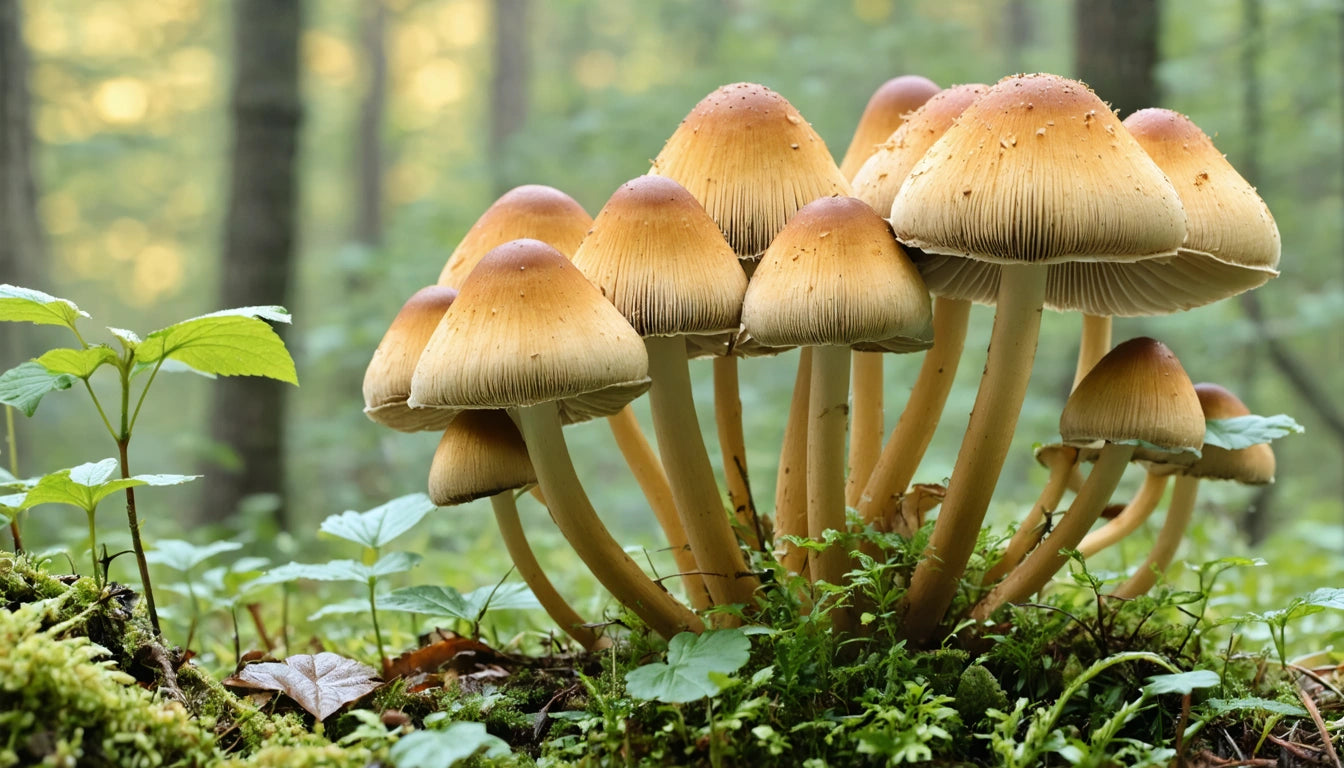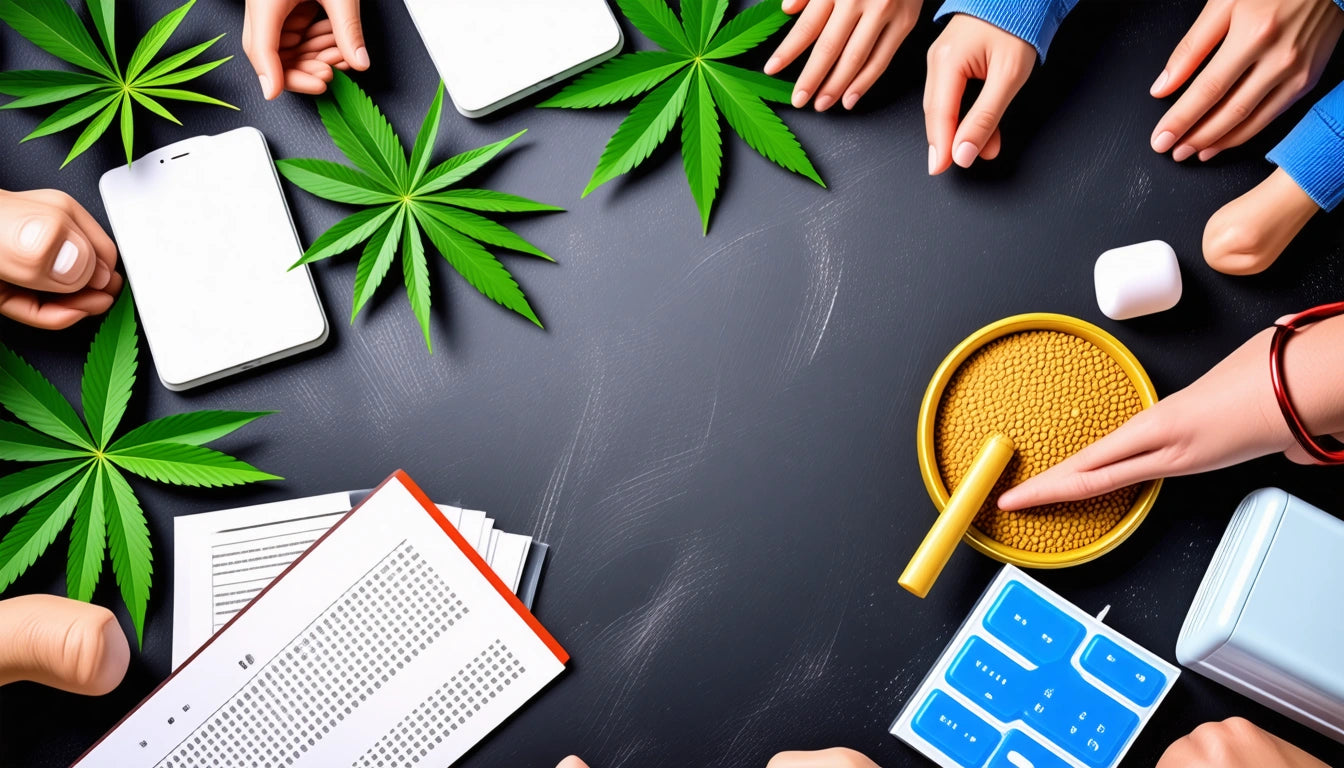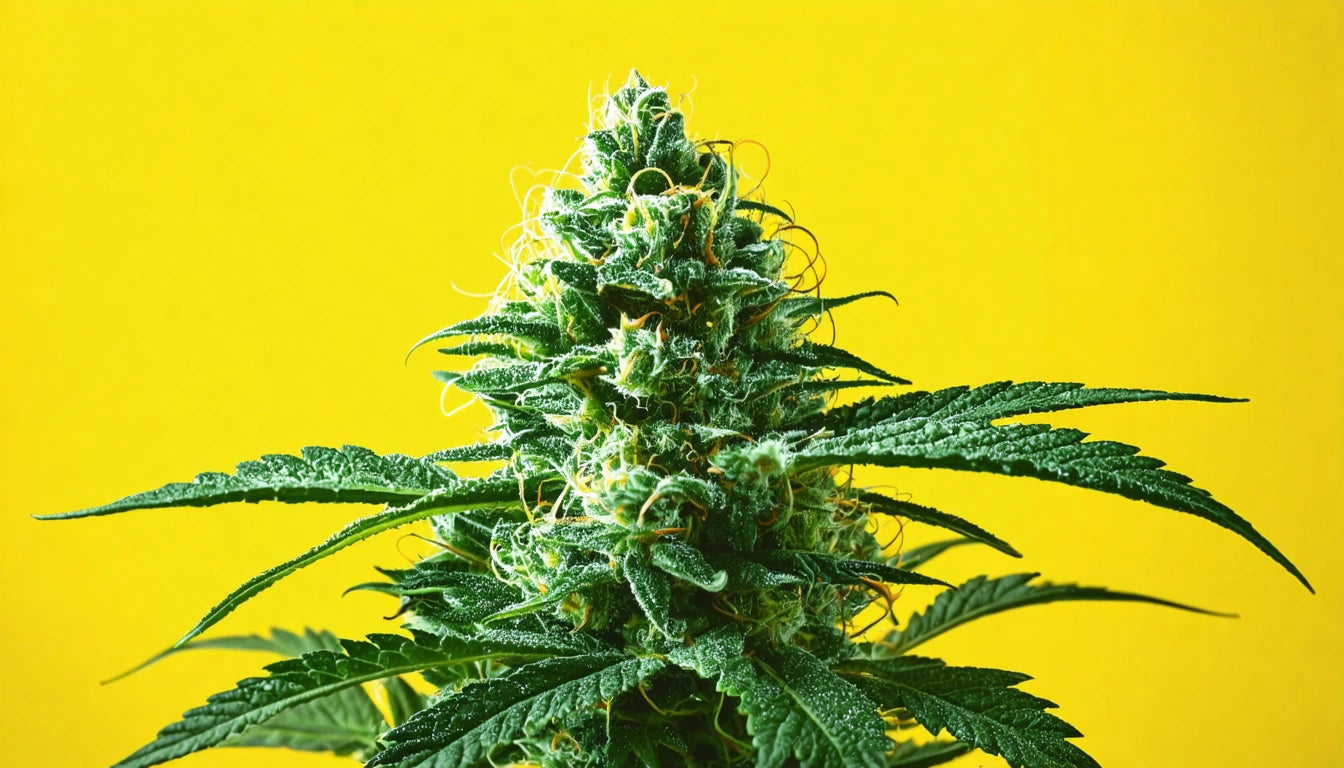The Legal Status of Magic Mushrooms in the United States
Magic mushrooms, containing the psychoactive compound psilocybin, exist in a complex legal framework across the United States. While federal law maintains strict prohibitions, a growing movement at state and local levels has created a patchwork of regulations ranging from full criminalization to decriminalization for personal use. Understanding these nuances is essential for researchers, advocates, and those interested in psychedelic therapy.
Federal Legal Status of Magic Mushrooms
At the federal level, magic mushrooms are illegal throughout the United States. Psilocybin, the primary psychoactive compound in magic mushrooms, is classified as a Schedule I controlled substance under the Controlled Substances Act. This classification indicates that the federal government considers psilocybin to have a high potential for abuse, no currently accepted medical use in treatment, and a lack of accepted safety for use under medical supervision.
The federal prohibition means that possessing, cultivating, or distributing magic mushrooms can result in serious legal consequences, including felony charges, regardless of state laws. This classification is why magic mushrooms are illegal in most states, despite growing evidence of their potential therapeutic benefits.
States Where Magic Mushrooms Are Decriminalized
Despite federal prohibition, several states and municipalities have moved to decriminalize psilocybin mushrooms for personal use. Decriminalization doesn't make magic mushrooms legal, but it typically reduces penalties and makes enforcement a low priority for law enforcement.
Oregon
Oregon made history in 2020 by becoming the first state to legalize psilocybin for therapeutic use through Measure 109. The state also decriminalized personal possession of small amounts of all drugs, including magic mushrooms, through Measure 110. Similar to Colorado's approach, Oregon's model focuses on regulated therapeutic access rather than commercial sales.
Colorado
In 2022, Colorado voters approved Proposition 122, which decriminalized personal use, possession, and cultivation of magic mushrooms for adults 21 and over. The measure also creates a regulated access program for supervised therapeutic use of certain psychedelics.
Therapeutic Use and Medical Research Exceptions
The resurgence of interest in psilocybin's therapeutic potential has led to special provisions for research and medical applications in some jurisdictions. The FDA has granted psilocybin therapy "breakthrough therapy" designation for treatment-resistant depression and major depressive disorder, expediting research and development.
In states where magic mushrooms remain illegal for recreational use, some have created exemptions for approved research or therapeutic applications. These frameworks often require strict oversight, professional administration, and occur within controlled settings. For those in the therapeutic community, specialized packaging solutions for controlled substances are becoming increasingly important as the legal landscape evolves.
State-by-State Legal Status Overview
The legal status of magic mushrooms varies significantly across states:
- California: While state law prohibits psilocybin, several cities including Oakland and Santa Cruz have decriminalized plant-based psychedelics. California's approach to mushrooms and edibles continues to evolve.
- Massachusetts: Magic mushrooms are illegal statewide, though some municipalities like Somerville, Cambridge, and Northampton have deprioritized enforcement.
- Washington State: Psilocybin remains illegal, though Seattle has made enforcement of laws against personal use a low priority.
- New Jersey: Magic mushrooms are illegal, with no statewide decriminalization measures in place.
- Missouri: Psilocybin mushrooms remain illegal with no decriminalization measures.
- Idaho: Maintains strict prohibition with significant penalties for possession.
- Ohio: Magic mushrooms remain illegal under state law.
- New York: Psilocybin is illegal statewide, though New York has shown increasing interest in psychedelic research.
- Florida: Magic mushrooms are illegal, with no statewide decriminalization.
- Texas: Maintains prohibition on psilocybin mushrooms, though Texas has shown some movement in studying their therapeutic potential.
For a more detailed breakdown of legal status by state, this state-by-state guide provides comprehensive information.
The Evolving Legal Landscape for Psychedelic Mushrooms
The legal status of magic mushrooms in the United States is undergoing rapid change. Several factors are driving this evolution:
Scientific Research
Mounting evidence from institutions like Johns Hopkins and NYU suggests psilocybin may have significant therapeutic benefits for conditions including depression, anxiety, PTSD, and substance use disorders. This research is challenging the Schedule I classification that claims no medical use.
Public Opinion Shifts
Public perception of psychedelics has shifted dramatically, with increasing support for both medical applications and decriminalization. This change mirrors earlier shifts in attitudes toward cannabis.
Legislative Momentum
More jurisdictions are considering decriminalization or regulated access programs. These initiatives often start at the municipal level before expanding to statewide consideration.
While magic mushroom gummies and other psilocybin products remain illegal in most places, the trend toward decriminalization suggests a changing approach to psychedelic substances across the country. Those interested in the therapeutic potential of psilocybin should stay informed about legal developments and always prioritize compliance with local regulations.











Leave a comment
All comments are moderated before being published.
This site is protected by hCaptcha and the hCaptcha Privacy Policy and Terms of Service apply.